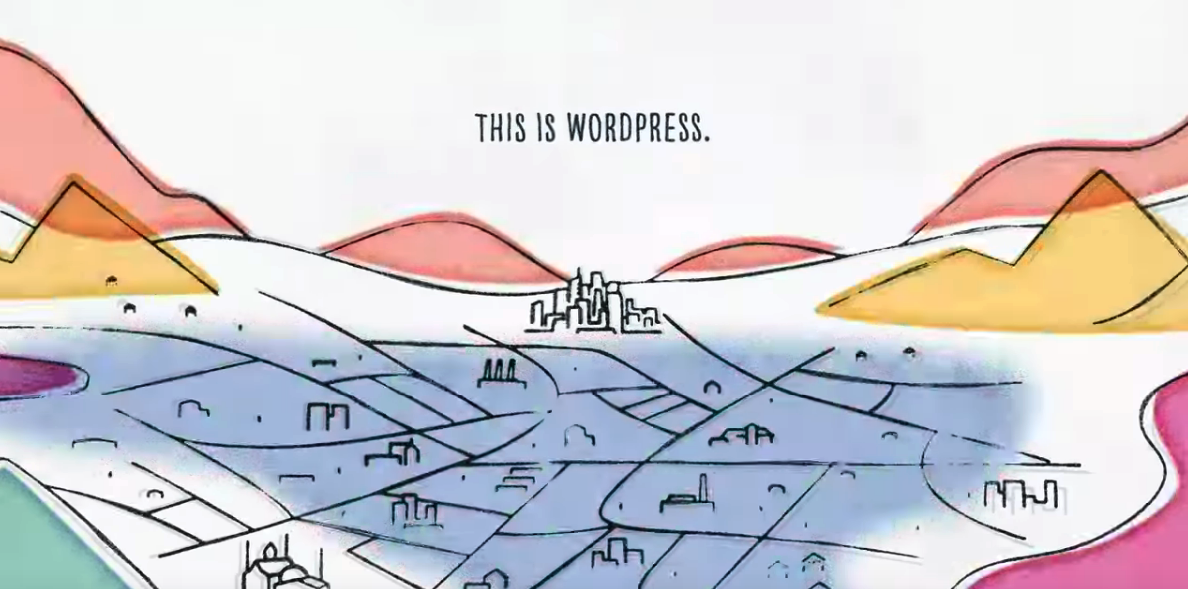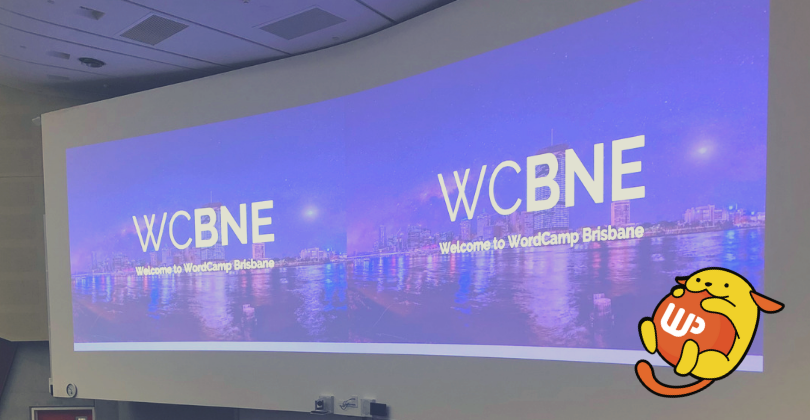Are the walls built around social networks stifling freedom? Is Open Source the answer?
Automattic has published an animation addressing this idea, representing Facebook as a vast, smokey metropolis:
It’s surrounded by high concrete walls, completely contained. Inside it’s bustling, lots of honking traffic, people everywhere, the sound is deafening. You see people arguing in bars and chatting on street corners. Billboards and advertisements are everywhere, touting ever kind of good and service. It’s noisy and dense and overwhelming.
Have a look – it’s just 3 minutes long and very nicely put together.
The web turned 30 this month and it’s quite a different experience from Sir Tim Berners-Lee original idea of an information management system. No doubt the walled gardens, the concentration of ‘power’ into the hands of a few companies, and all the regular data-related breaches have prompted Sir Tim to reflect on where we are today, 30 years on, and highlight some of his concerns:
Companies must do more to ensure their pursuit of short-term profit is not at the expense of human rights, democracy, scientific fact or public safety. Platforms and products must be designed with privacy, diversity and security in mind.
His post is as much an invitation to do something about it as a criticism of the current state; The Web Foundation has drafted a Contract for the Web and is inviting everyone to sign it. Automattic’s animation may well inspire you to do so too.
Is Open Source the answer?
Healthy competition works well and there are mechanisms to ensure that everyone has opportunities, so it may simply be a question of enforcing existing rules — the European Union is attempting to do just that.
Open Source is a good business model too. It underpins much of what Google does (somewhat ironically) and big tech companies like Microsoft are embracing it as well, and they’re not doing it just to be nice.
Thinking about Facebook’s walled garden model more specifically, here’s an idea for WordPress inspired by another disruptive wave building up momentum: decentralisation.
What if WordPress evolved as a platform to feature social functions in its core, allowing anyone to own and manage their own walled garden, but with the ability to connect with other instances and create a sort of ‘blockchained’ social network that is owned by millions of its users (and not some clever engineer)?
[tweetshare tweet=”Can WordPress become the new Facebook?” username=”wphosting”]
This is idea already exists — have a look at Mastodon and Diaspora. But a WordPress-powered version could leverage scale – with over 30% of websites powered by the platform – as that’s what makes Facebook & Co. so powerful. WordPress has a more mature (and maturing) governance model too, and The Web Foundation’s Contract for the Web could lend some of its principles.
It may be something Matt Mullenberg is pondering too, given he recently posted about revisiting WordPress’ vision. Should WordPress Democratize Social Networks too?
To conclude – businesses like us rely on walled gardens and benefit from their models. Google Search and its paid advertising product work incredibly well because of scale. The ‘Closed Web’ web works for business. But I think a more open one works better for society as a whole and agree with Sir Tim’s view that “it is more urgent than ever to ensure the other half are not left behind offline, and that everyone contributes to a web that drives equality, opportunity and creativity.”
This is food for thought, and its good to be part of the discussion. We should also recognise that businesses using WordPress are supporting the Open Source idea, which was one of the key points in our end of year post last December – Thank You for Creating With WordPress.
Cheers,
Lawrence
Image source: Automattic




